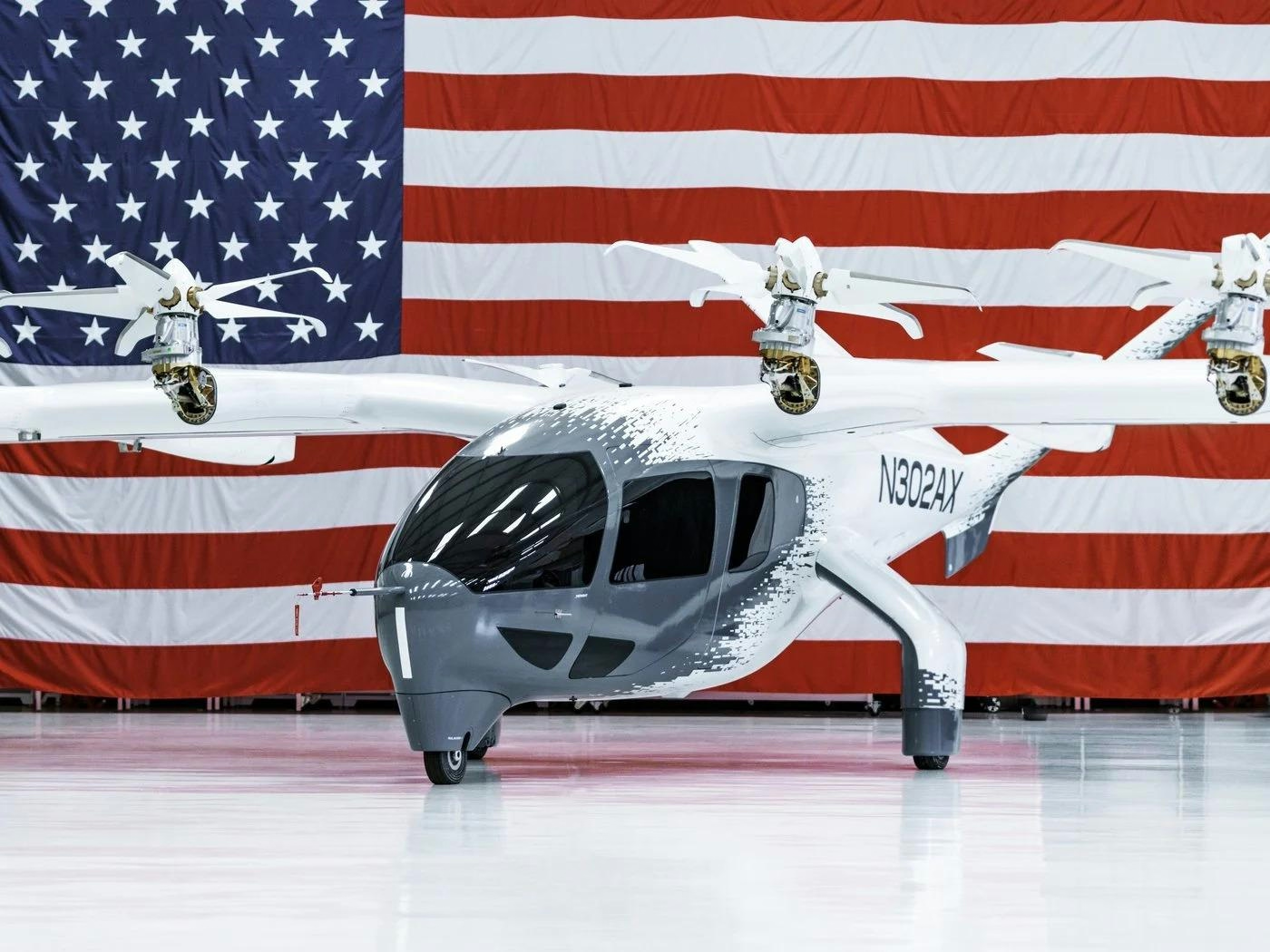
AeroGenie — Seu copiloto inteligente.
Tendências
Categories
Why AI Hasn’t Transformed Flight Booking

Why AI Hasn’t Transformed Flight Booking
Despite the rapid advancements in artificial intelligence across various industries, AI assistants have yet to revolutionize the flight booking experience. A significant factor is the persistent gap between AI’s capabilities and the nuanced understanding and intuition offered by human travel agents. While AI excels at automating routine decisions, it still struggles to inspire or guide travelers in the way a seasoned professional can.
The Stagnation of Digital Interfaces in Aviation
Commercial aviation, an industry often associated with innovation, has seen surprisingly little change in its digital booking interfaces over the past few decades. Whether purchasing a premium first-class ticket from Singapore to London or a budget flight to Bali, the booking process remains largely unchanged since the late 1990s. The Internet Booking Engine, which underpins most online reservations, has only undergone superficial updates such as improved aesthetics and faster search capabilities.
The familiar sequence of steps—selecting departure and arrival airports, choosing travel dates, specifying passengers, browsing flight options, adding extras, entering passenger information, and completing payment—has remained a largely transactional and linear ritual. This is in stark contrast to other sectors where AI has transformed user experiences, from autonomous vehicles to retail platforms that anticipate consumer preferences.
Challenges in Integrating AI into Flight Booking
The slow pace of transformation is not solely a technological issue. The integration of AI into flight booking systems is hindered by the complexity of legacy infrastructure and the necessity for seamless coordination among airlines, travel agencies, and distribution platforms. Additionally, organizational resistance and cultural inertia within the industry contribute to the reluctance to adopt AI-driven changes. As noted by Forbes, employees may be apprehensive about altering established workflows, especially in a sector where reliability and consistency are critical.
Market responses to AI’s potential in travel are varied. Some online travel agencies are cautiously experimenting with AI-powered search and distribution tools, while others remain hesitant, concerned about disrupting workflows or diminishing the value of human expertise. Major players are adopting different strategies: Google is expanding its AI capabilities for hotel and flight bookings, and Expedia is positioning itself as a leader in AI-driven travel operating systems. Nevertheless, these efforts have yet to culminate in a fully AI-driven flight booking experience.
The Future of AI in Travel Booking
The true promise of AI in the travel industry extends beyond automating routine tasks. It lies in delivering personalized, intuitive service that travelers expect from experienced agents. Until AI can effectively combine operational efficiency with genuine insight and adaptability, the process of booking flights is likely to remain procedural rather than transformative.

Vietnam Airlines Sells Airbus A321 Fleet to Arena Aviation Capital in Record Deal
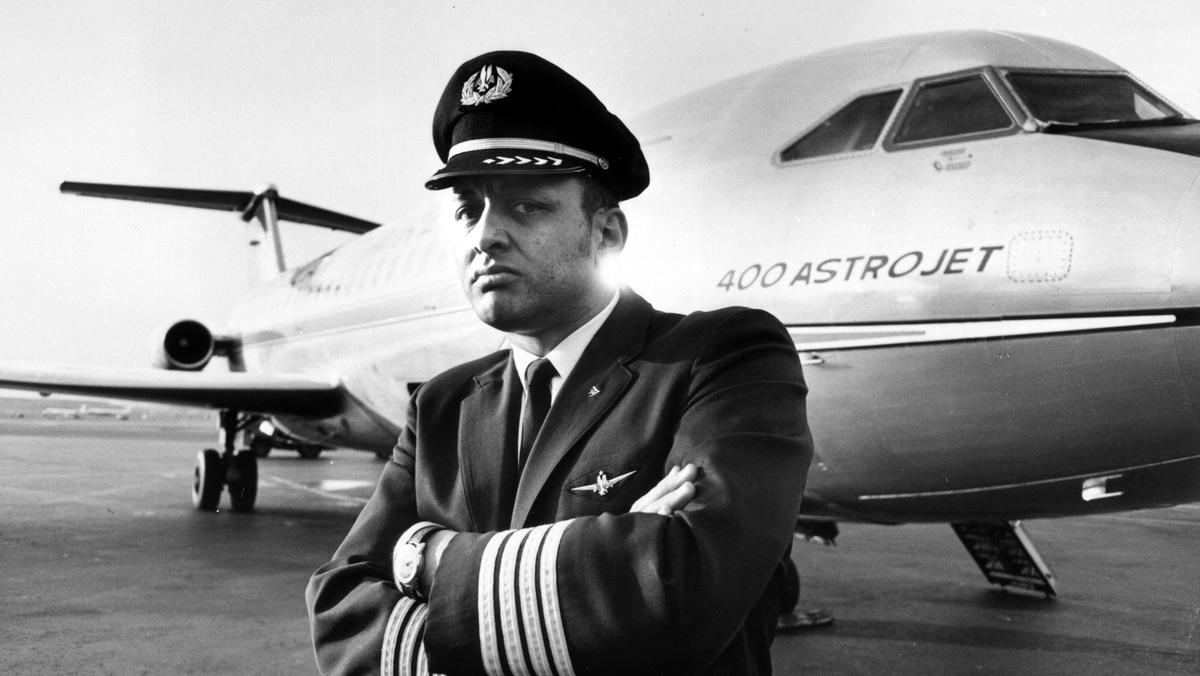
American Airlines at 100: A Century of Innovation in Global Travel
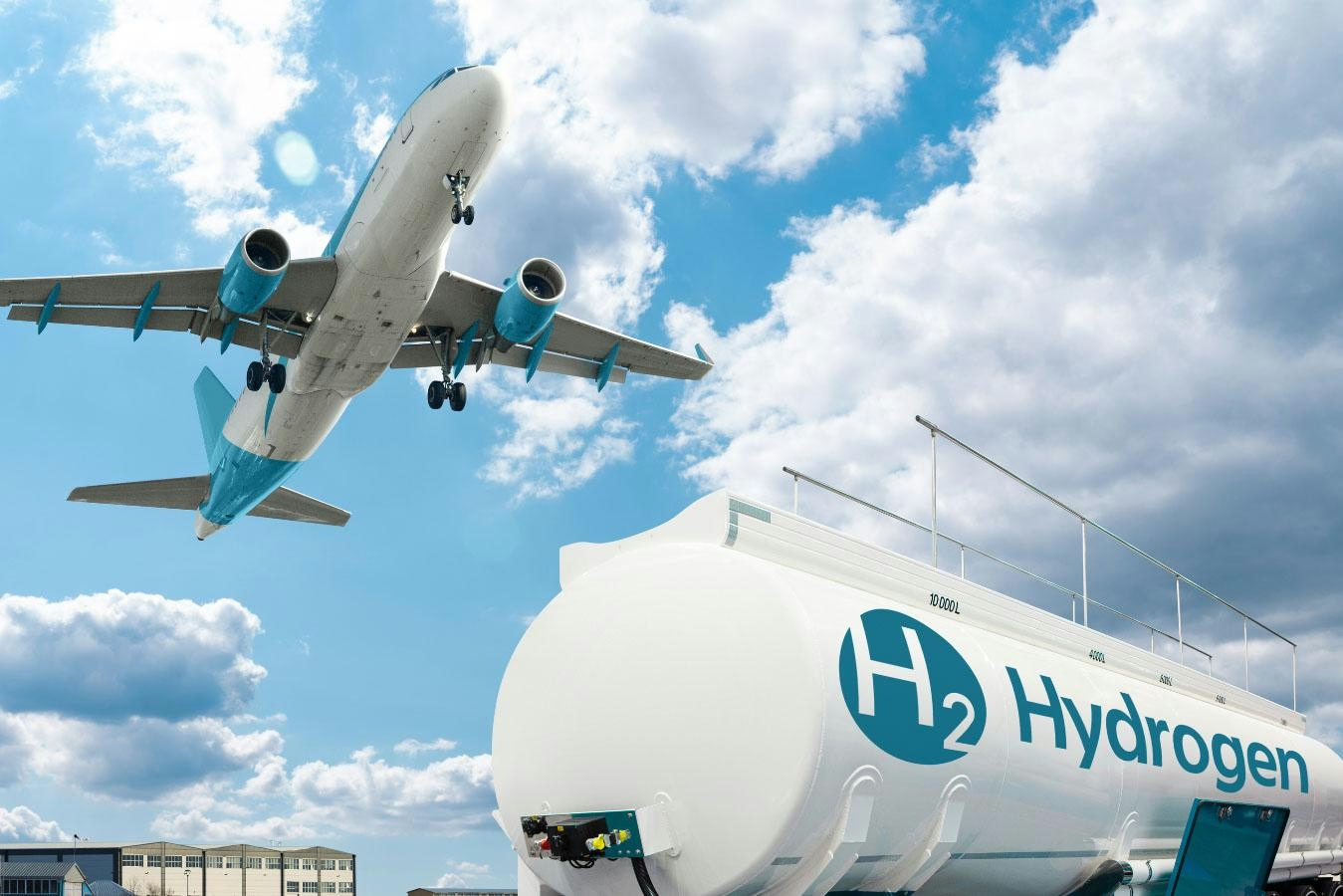
Hydrogen Combustion vs. Fuel Cells: Evaluating Options for Aviation
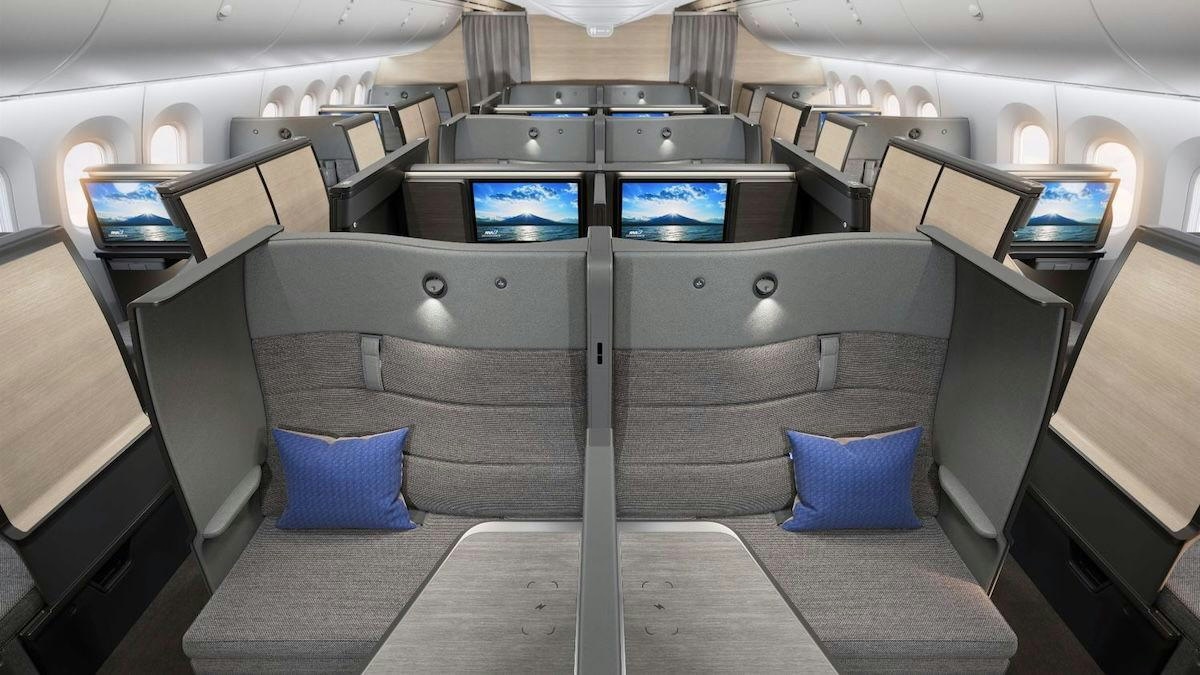
ANA Introduces The Room FX Business Class on Boeing 787 Dreamliners
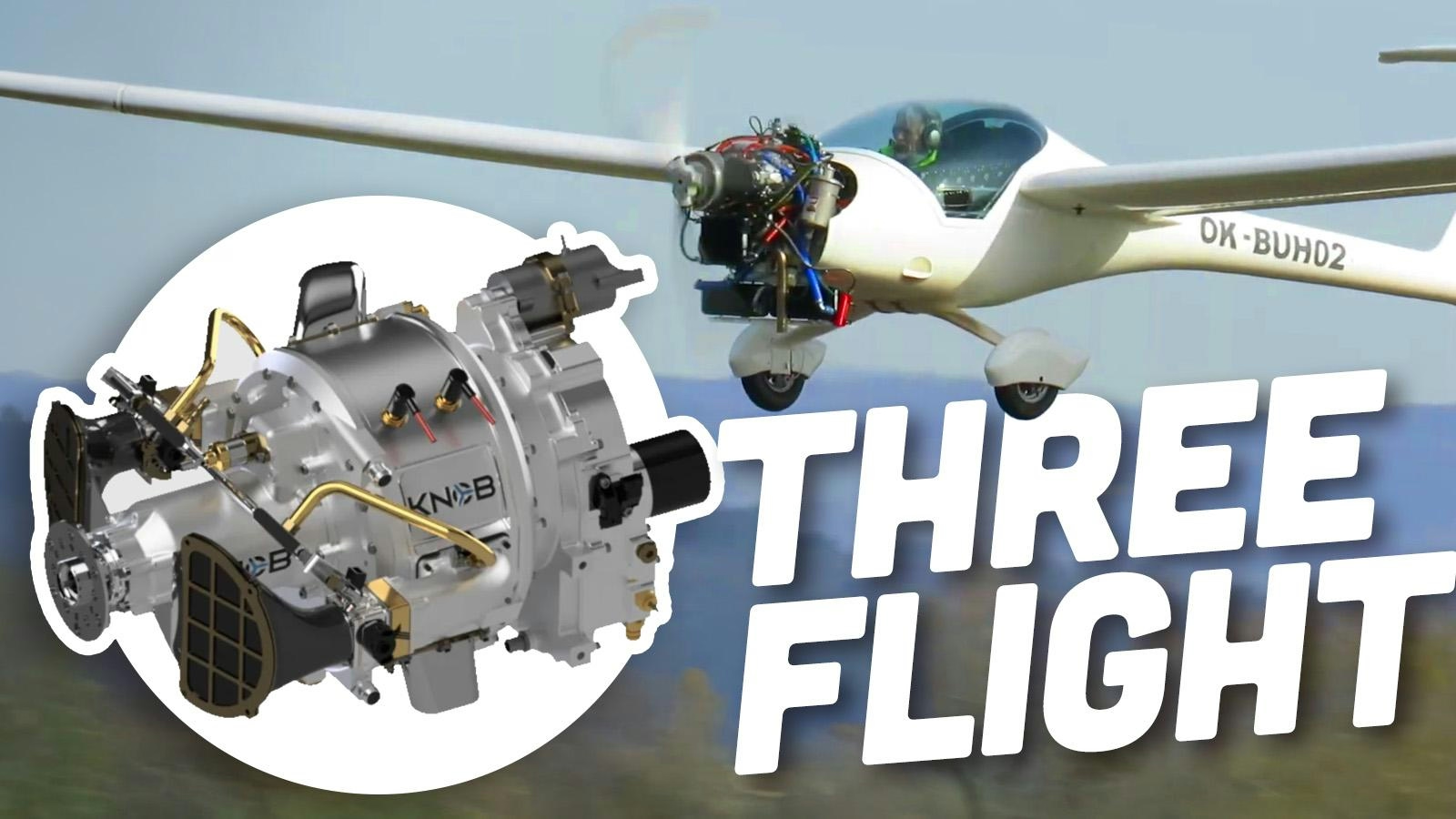
New Three-Cylinder Engine Features Rotating Block and Stationary Head
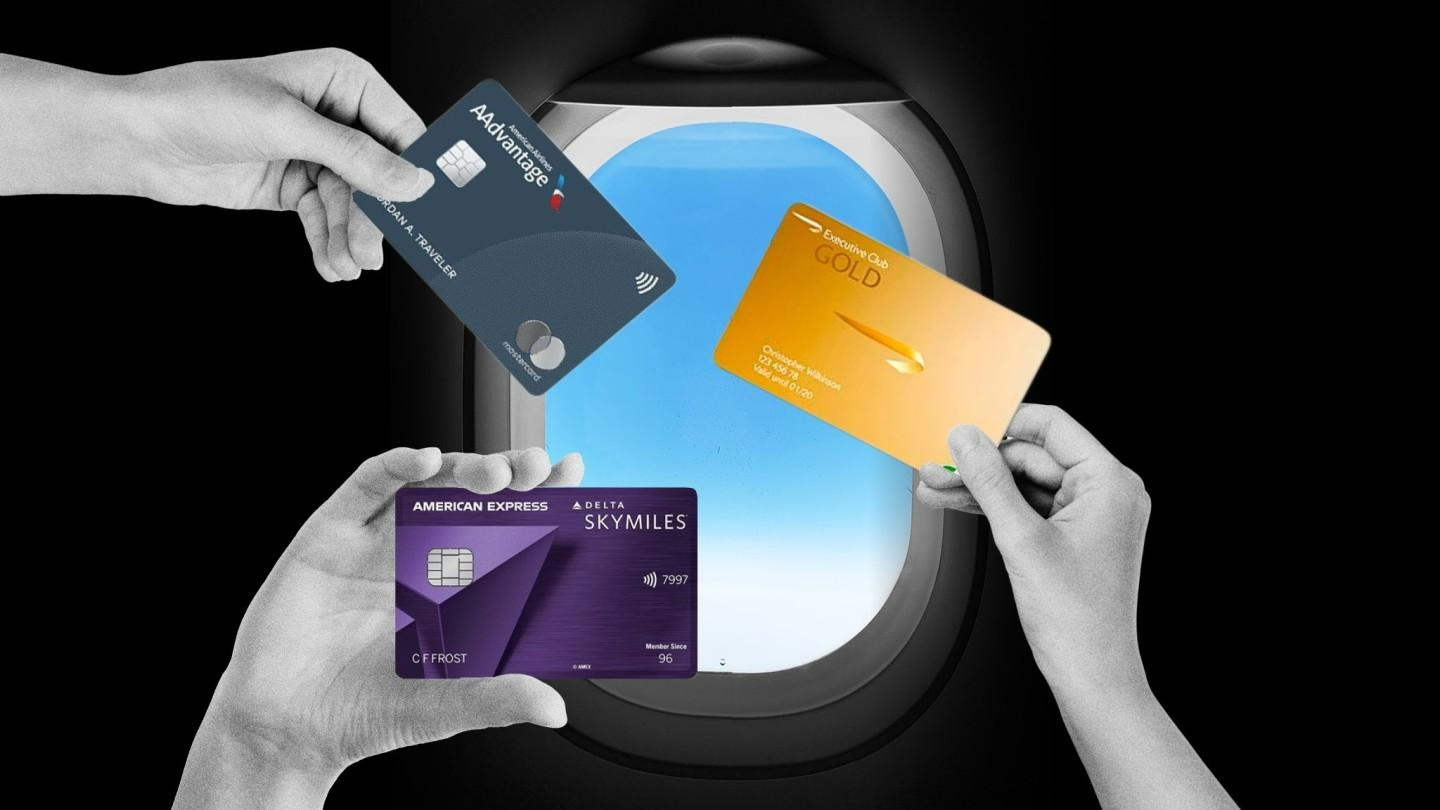
Credit Card Rewards Compete with Airline and Hotel Loyalty Programs

ExecuJet MRO Installs Starlink on Falcon 8X
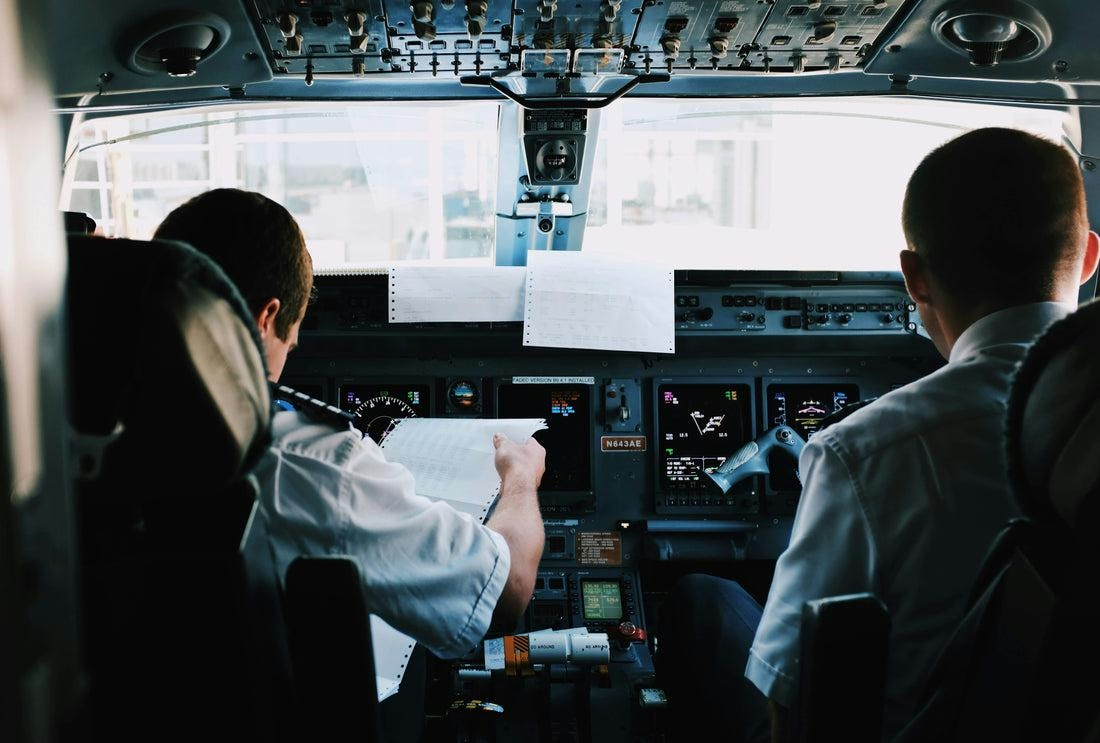
New Airlines Confront Supply Chain and Staffing Challenges
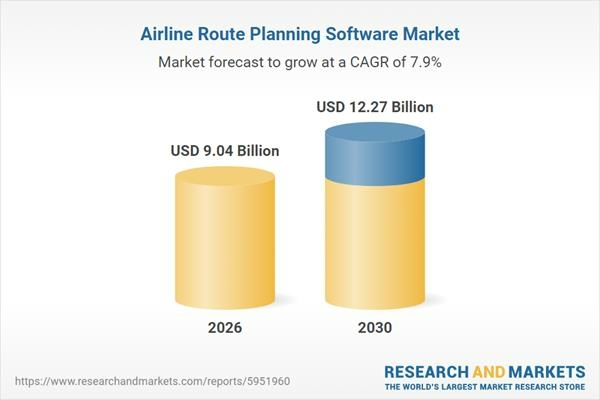
Global Airline Route Planning Software Market Forecasts Through 2035
